More Than Physical Health: Addressing Mental Health Needs of the LGBTQIA+ Community
Did you know that LGBTQIA+ individuals are nearly three times more likely to experience mental health challenges than the general population? This disparity stems from factors like discrimination, stigma, and minority stress. Understanding the unique mental health struggles faced by the LGBTQIA+ community is essential for fostering a supportive environment and ensuring they receive appropriate care. In this post, we’ll explore the common mental health issues, the impact of stigma, and how culturally competent services can make a difference.
The Mental Health Disparities in the LGBTQIA+ Community
Members of the LGBTQIA+ community often face disproportionate rates of anxiety, depression, and suicidal ideation. According to the National Alliance on Mental Illness (NAMI), LGBTQIA+ individuals are more than twice as likely to experience a mental health condition compared to heterosexual and cisgender individuals. This increased risk is not due to their identity but rather a result of ongoing societal discrimination and lack of support.
The Role of Minority Stress
Minority stress refers to the chronic stress experienced by individuals from stigmatized minority groups, including the LGBTQIA+ community. It encompasses the emotional toll of prejudice, fear of rejection, and internalized stigma. Minority stress has been linked to higher rates of substance abuse, self-harm, and relationship challenges among LGBTQIA+ individuals. Recognizing this source of stress is crucial for mental health professionals to provide compassionate and effective care.
Impact of Stigma and Discrimination
LGBTQIA+ people often encounter stigma and discrimination in various settings—whether at work, school or within their own families. This hostility can contribute to social isolation, low self-esteem, and chronic anxiety. For many, this leads to reluctance to seek help due to fear of judgment or misdiagnosis. Creating safe spaces and offering non-judgmental, affirming care are essential steps in breaking down these barriers.
Importance of Culturally Competent Care
Culturally competent care means that mental health providers are trained to understand the specific needs and challenges faced by LGBTQIA+ individuals. Providers who specialize in LGBTQIA+ mental health are better equipped to address issues such as gender dysphoria, coming out anxiety, and trauma related to discrimination. At The Health Collective in Hartford, CT, we offer therapy, counseling, and support groups tailored specifically to the LGBTQIA+ community. Our services are designed to ensure that every person feels respected, valued, and understood.
The Benefits of LGBTQIA+ Specific Mental Health Services
Access to LGBTQIA+-affirming mental health services can significantly improve overall well-being. When clients feel safe and validated, they are more likely to engage in treatment, resulting in better outcomes. Services such as group therapy, peer support, and individual counseling provide spaces for shared experiences and mutual understanding, reducing feelings of loneliness and enhancing resilience.
How to Get Started: Taking the First Step
For LGBTQIA+ individuals seeking support, the first step is reaching out to a provider who understands and respects their identity. At The Health Collective, we prioritize culturally competent care and offer a range of services to meet diverse needs, from individual therapy to support groups that foster community and acceptance. To learn more about our services and get connected, visit our website today!
Conclusion
Addressing the mental health needs of the LGBTQIA+ community requires an understanding of the unique challenges they face. From navigating stigma and minority stress to accessing culturally competent care, finding the right support is essential for promoting mental wellness. The Health Collective is committed to providing safe, supportive mental health services tailored to the LGBTQIA+ community. Call us now at 860-278-4163!


